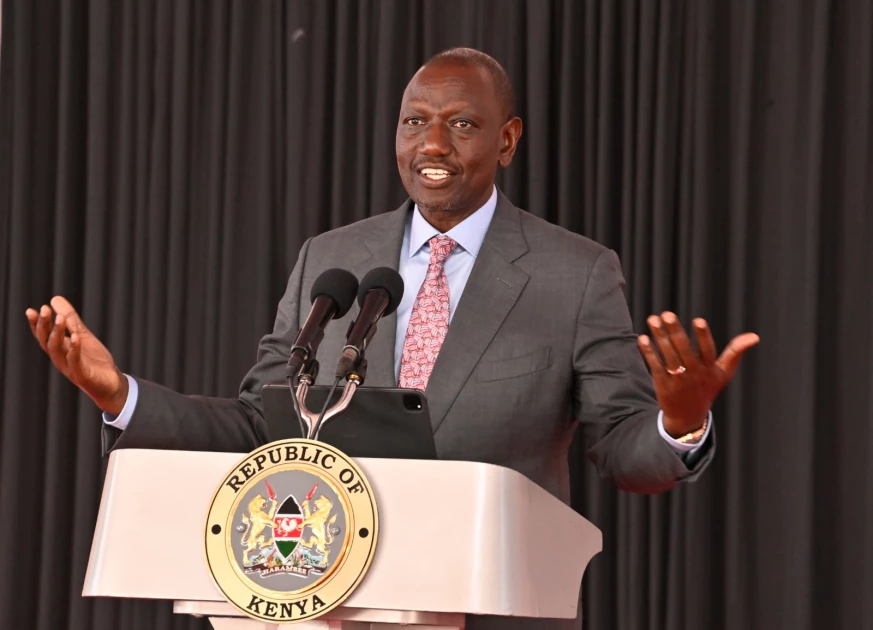Here’s what the law says about removing a president

President William Ruto. | FILE/PCS

Audio By Vocalize
Azimio
leader Raila Odinga has launched a petition to collect 10 million signatures by
next week to remove President William Ruto from power, quoting Article 1,
clauses One and Two of the Constitution.
However,
the Constitution says a president can only be ousted by way of the Parliament
and only two grounds; impeachment and incapacity.
In
the case of impeachment, a legislator, supported by at least a third of all
MPs, moves a motion for impeachment on three grounds.
They
include a gross violation of a provision of the Constitution or of any other
law, serious reasons for believing that the President has committed a crime
under national or international law or for gross misconduct.
If
the motion is supported by at least two-thirds of all the members of the
National Assembly, the Speaker will relay the information to his Senate
Counterpart within two days.
Within
seven days of getting the National Assembly's resolution, the Senate Speaker
will convene a meeting of the Senate to hear the charges against the President.
The
Senate, by resolution, appoints a special committee comprising 11 senators to
investigate the matter. The special committee is tasked to investigate and
report to the Senate within 10 days on whether it finds the allegations against
the President to have been substantiated.
The
President has the right to appear and be represented before the special
committee during its investigations for them to determine one of two things.
In
the case that the special committee finds that the particulars of any
allegations have not been substantiated, no further proceedings are to be taken
under Article 145 in respect of that allegation. If the special committee finds
that the particulars of any of the allegations lodged before the President have
been substantiated, the Senate will allow the President to be heard.
After
this, the House will vote on the impeachment charges. According to the article,
if at least two-thirds of all the members of the Senate vote to uphold any
impeachment charge, the President shall cease to hold office.
In
the case of incapacity, according to Article 144 of the Constitution, this will
be on grounds of either mental or physical incapacity hindering the head of
state from performing their duties.
This
process goes through Parliament, the Chief Justice and a tribunal that prepares
a report to determine if the president is capable or not.
The MPs would then vote on the report if it deems the President incapable. If a majority of all the members vote in favour of ratifying the report, the President shall cease to hold office.


Leave a Comment